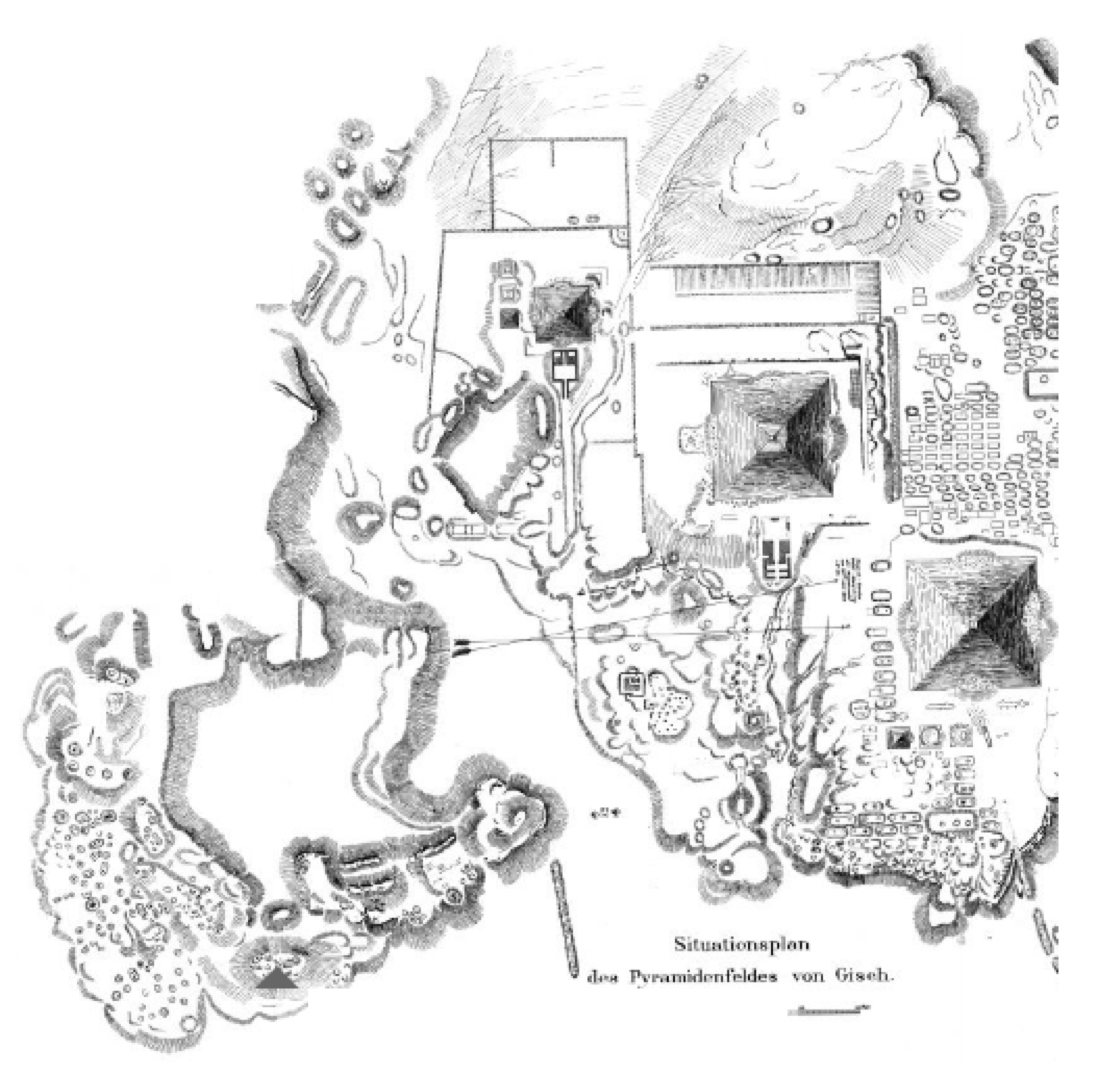Social Status in Ancient Egypt
Social status in ancient Egypt can be approached, on one hand, as the degree of freedom and influence people experienced in society, and on the other hand as their ability to access, accumulate, or control resources and valuables (ancient Egypt did not have a money economy until late in its history). At the top of the social ladder was the king, who in theory held absolute power and was in many time periods understood to be divine. On the other end of the spectrum, ancient Egypt recognized a few forms of absolute servitude such as slavery or enforced labor for prisoners of war. Household servants are known appear in the historical record, though in some cases recognized as legitimate, important members of household groups. Egypt was an agricultural society, so a majority of the population lived as peasant farmers. Although self-sufficient in some ways, they enjoyed little social status and still often had some reliance on wealthier landowners or the state government. Artisans, artist, and other specialized workers often had more access to wealth because of in-demand skills. Even so, their opportunities and overall status likely varied by time period and location. One of the most specialized of professions was that of scribe, essentially a professional reader-writer. This skill set was job-specific, often held by an upper class that was associated with state or local government and/or priesthood at major temples. The highest levels of social status often came with government and/or temple offices. Artistic representations sometimes symbolized differences in relative social status by showing people at different sizes. People shown larger in scale were higher in status, at least within the context of that artistic composition. This is why frequently the primary owner of a tomb appears much larger in size than staff, relatives, and even closest family members. Aspects of dress, such as type of wig, tunic, or other garment also could be markers of special professional office or status.

